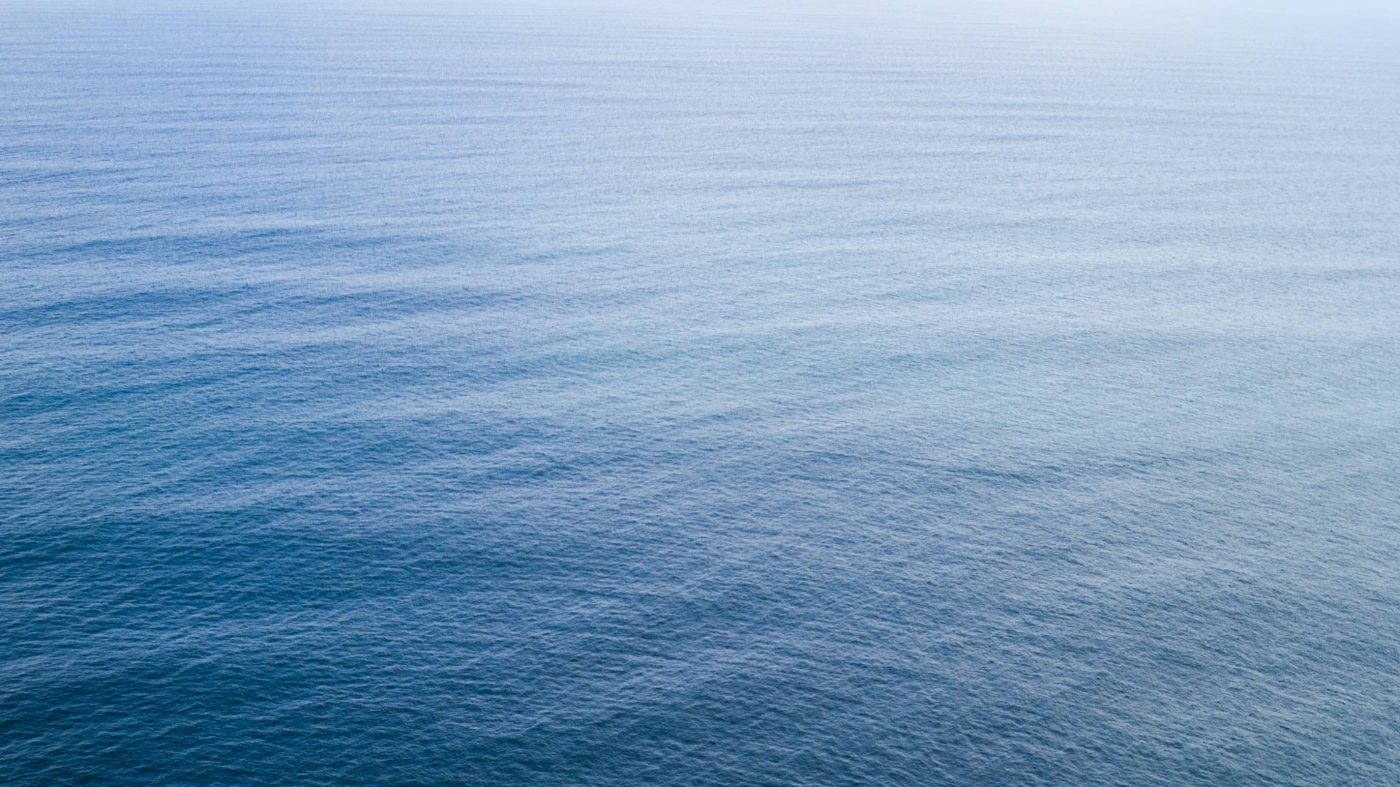On June 21, the Foundation took part in an international Consultation for observers and Stakeholders of UNEP on the eve of the next UN Environment Assembly UNEA5.2. The main objective of the conference was to prepare regulatory proposals from the third sector to representatives of relevant ministries of the participating countries of UNEP.
All the topics raised by representatives of international organizations, NGOs, scientific institutes, local communities, including indigenous peoples, are interconnected in the context of sustainable development. The main emphasis was placed on green financing; observance of environmental rights of citizens with a high level of political will of state leaders; new technologies in the fight against water, air and soil pollution, as well as climate change.
Lake Baikal Foundation has voiced a proposal on the need for rational management of water resources and comprehensive monitoring of the state of water bodies supported by the state and business. The main problem of water pollution remains, of course, garbage and industrial effluents. However, when developing strategies for the conservation of water bodies and their ecosystems in the modern world, it is important to take into account measures against other types of harm, for example, noise pollution of rivers, lakes and seas.
Following the consultations, the following regulatory proposals were formulated for the States:
- Governments are committing themselves to refuse to support short-term, non-systemic technological solutions in the field of environmental protection.
- Measures to combat climate change should not contradict other Sustainable Development Goals, such as biodiversity conservation.
- It is important to ensure the full and meaningful participation of underrepresented groups, i.e. the direct involvement of youth and indigenous peoples in climate negotiations and environmental policy development.
- To develop an international agreement on plastic pollution that would regulate the transboundary movement of plastic and waste and oblige States to implement systems of 100% involvement of plastic in secondary circulation.
- Limit the unsustainable consumption of food, such as red meat.
- Prohibit the export of hazardous chemicals and their products, as well as pesticides.
Upcoming UNEA5 Assembly.2. It will be held in a remote format under the chairmanship of the Norwegian Ministry of the Environment.


